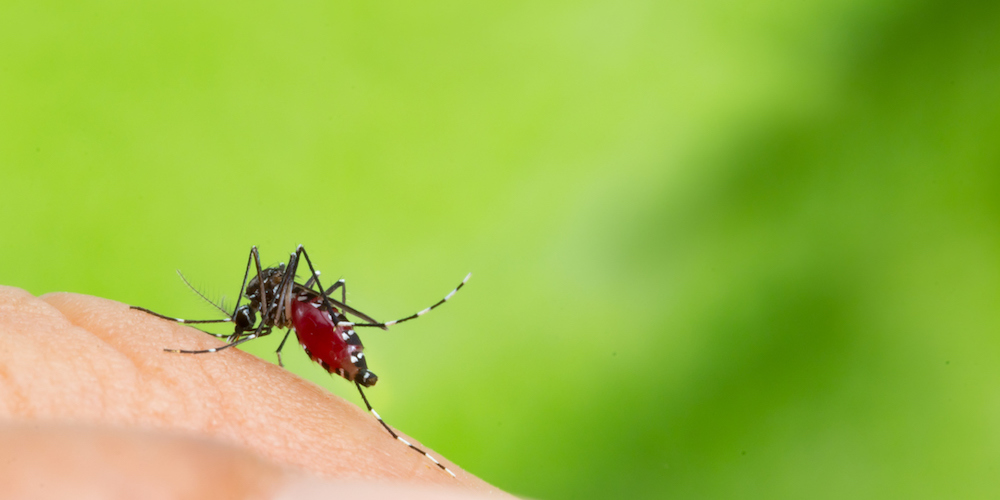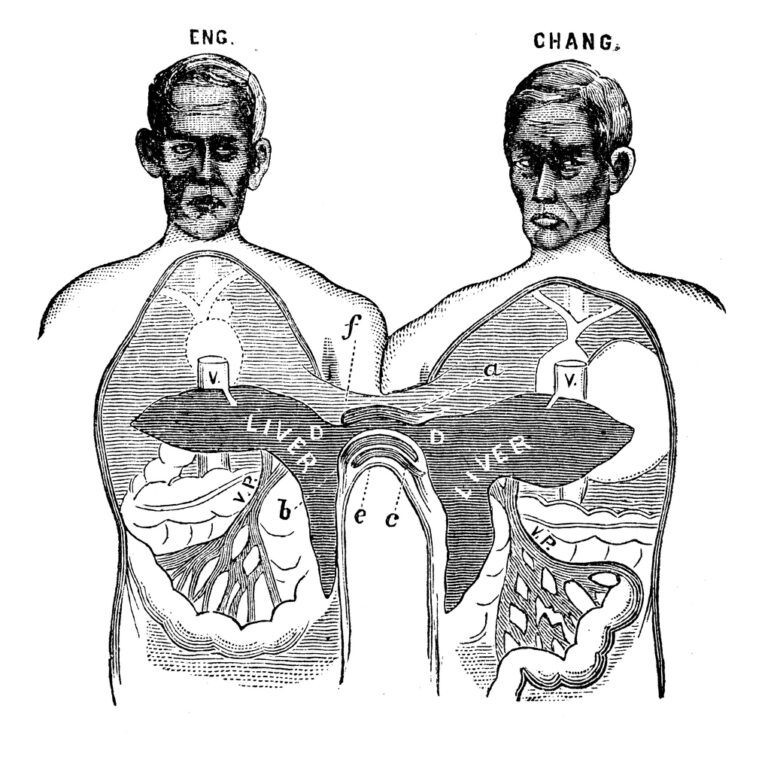Europe is facing a growing threat of tropical disease outbreaks, as rising temperatures linked to climate change cause illnesses brought by travellers to spread more easily, health experts warned.
A sharp spike in West Nile virus infections in Europe has been seen this summer, as a result of record high temperatures. Up until mid-August, 400 cases of the disease, which is carried by mosquitoes, were recorded in Europe, with a total of 22 fatalities. The spike was due to an early start to the transmission season, caused by high temperatures followed by wet weather, conditions ideally suited to mosquito breeding, according to the World Health Organization.
Prof Jan Semenza, who leads on scientific assessment for the ECDC, said higher temperatures make it easier for disease-carrying vectors, such as mosquitoes, to transmit disease.
This year, which has seen extreme weather and wildfires create havoc in Europe and beyond, has also seen increased numbers of tick-borne encephalitis in central and southern Europe. Last year, the Centers for Disease Control and Prevention found rising temperatures, a rise in international travel and more people living near wildlife were linked to a rise in illness from mosquitos, ticks and flea bites in the US, including West Nile and dengue.
Researchers predict the risk for transmission of dengue fever, Chikungunya and the Zika virus, could also rise in Europe as a result of climate change. All three, normally carried by Aedes aegypti mosquito, can also be transmitted by a different species, such as the Tiger mosquito, increasingly found in European countries, including Italy and Spain and other Mediterranean nations.
“What it means in public health terms is we need to become more concerned about blood safety. If someone returns from abroad to Europe and has a virus in their blood, the Aedes mosquito can bite them, take up the pathogen and then bite someone else,” Semenza said.







